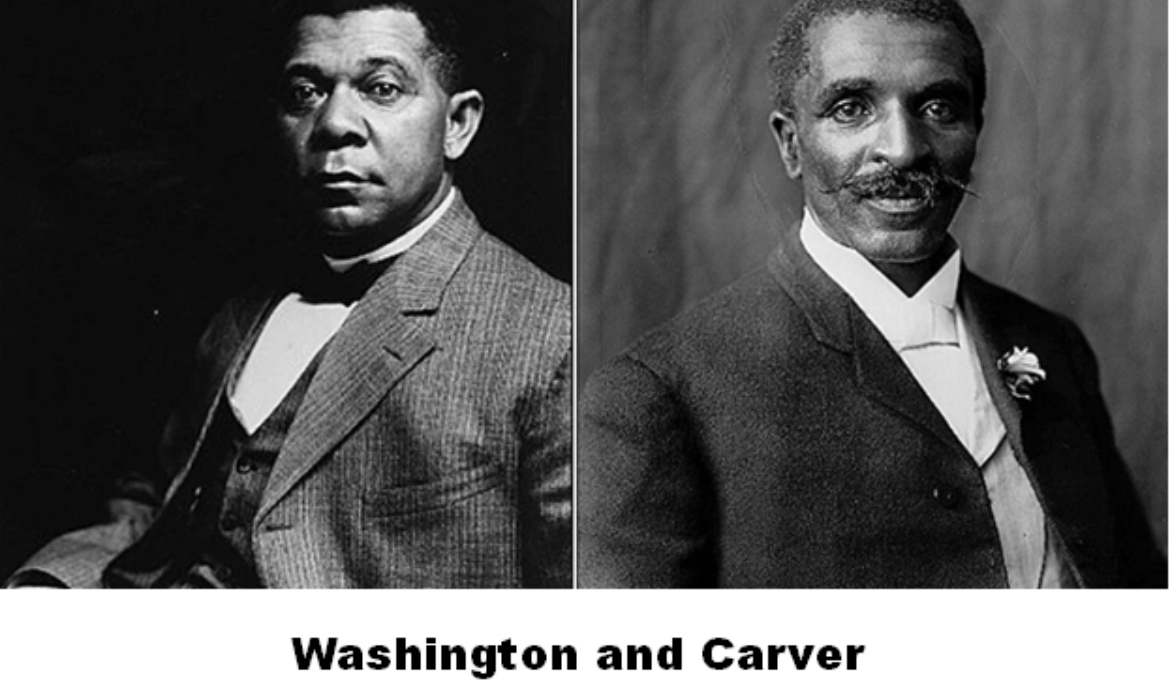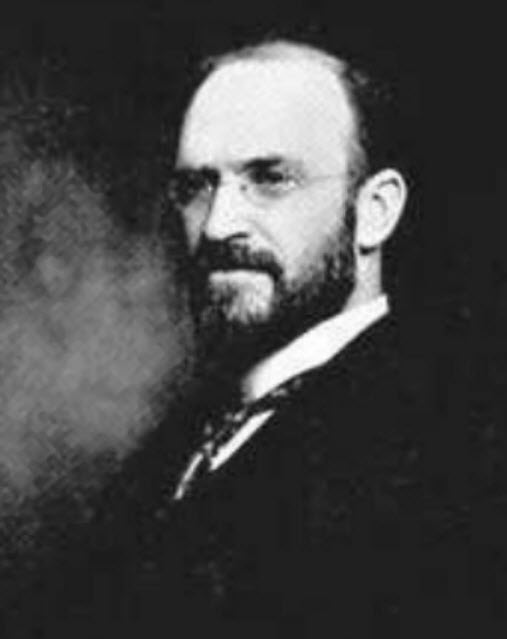Most of what we heard on the news in Fall 2023 during the sports segment is about U.S. gymnast Simone Biles and her phenomenal comeback. It was at the last summer Olympics in Tokyo, originally scheduled for the summer of 2020 and postponed a year due to the pandemic, when her problems became public. She was suffering from the “twisties,” a mental block sometimes suffered by gymnasts, along with depression, so she stopped competing and went home. Many others rose to her defense, including U.S. swimmer Michael Phelps, who publicly encouraged her to seek help while condemning those who criticized her.
In the fall of 2023 she continued her winning ways, becoming the most decorated gymnast of all time with a total of 37 medals in Olympic and World competitions. Even those who don’t follow sports, let alone the Olympics, know her name. But how did these games get started?
About 3000 years ago the Greeks held a few sporting events at Mount Olympus (hence the name) to honor Zeus, the father of the Greek gods. This event took place from around 776 b.c. until 393 a.d. The games were revived by Baron Pierre de Coubertin on April 6, 1896 and have been around ever since. And in 1996 he was honored by a monument, the Gateway of Dreams, in Centennial Olympic Park in Georgia, U.S.A., where the games were being held. [Wikipedia]
In 1908 the first Olympic flag was flown at the summer games in London, England. The flag is white with 5 interlinked rings which represent the five continents from which all of the athletes come: Africa, the Americas, Oceania, Asia, and Europe. The colors are blue, yellow, black, green, and red, with three on the top and two on the bottom. It was created in 1913 by Pierre de Coubertin and was first used in Belgium in 1920. In 1928 the first Olympic flame was lit in Belgium but there was no torch relay, which began in 1936 in Berlin, Germany.
The Olympic flame symbolizes the light of spirit, knowledge, and light. The Torch Relay symbolizes the handing down of this symbolic fire from generation to generation. The purpose of keeping the flame lit throughout the entire competition is to draw attention to the games while they were being held, to promote Olympism and the Olympic ideals of fair competition and reinforce cooperation among nations.
The core values of the Olympics are excellence, respect, and friendship. And the motto is:“Citius. Altius. Fortius. Communiter.” This is Latin for “Faster. Higher. Stronger. Together.” The hope is always to unite the participants and build a better, more peaceful world emphasizing the spirit of cooperation wherein we share our commonality rather than emphasize our differences.
As the games originated in Greece, the first ones were what we would call summer games: running, Javelin throw, wrestling, and discus throw. It wasn’t until 1924 that there were winter games: bobsleigh, curling, ice hockey, Nordic skiing (consisting of military patrol, cross-country skiing, Nordic combine, and ski jumping) and skating (consisting of figure skating and speed skating). (Wikipedia) These games were held in Chamonix, France from January 25, 1924 until February 5, 1924.
In 1920 the Olympic athletes took the first oath: “We swear. We shall take part in the Olympic games in a spirit of chivalry, for the honour of our country and for the glory of sport.” Victor Boin, a Belgian fencer, represented all of the participating athletes, a tradition that continues to this day, wherein one athlete takes the oath aloud while the rest of the athletes do so in their places. (Olympics.com)
Over the years the oath has expanded: “We promise to take part in these Olympic games, respecting and abiding by the rules and in the spirit of fair play, inclusion, and equality. Together we stand in solidarity and commit ourselves to sport without doping, without cheating, without any form of discrimination.”
In 1972 the judges and referees took anoath for the first time: “In the name of all the judges and officials, I promise that we shall officiate in these Olympic games with complete impartiality, respecting and abiding by the rules which govern them in the true spirit of sportsmanship.” This, too, continues to this day.
However idealistic these oaths may appear, violations occur with unfortunate regularity, although it has diminished somewhat over the years. In particular, gymnastics and figure skating are prone to bias on the part of the judges. It’s economic rather than political, as medalists are the recipients of much media attention, which generally leads to lucrative advertising contracts. However, the scoring in both sports was revamped in the early 2000s as part of an effort to make the scoring more transparent as well as fairer. This has made quite a difference. Yet the fairest sports are considered to be those wherein the athletes compete against the clock.
Finally, yes, the Olympics used to be held every four years. However, after 1992, the games were rotated so as to occur every two years, with summer and winter games alternating. The primary reason for this is financial, as the cost of sending athletes, coaches, and equipment to the games is rather high; sending a contingent in February and again in June became a burden many countries could no longer bear. Also changed were the rules regarding the amateur status of the athletes. Although it is still against the rules to be paid to compete, the athletes can be paid: commercials, personal appearances, and endorsing items not related to their sport such as cars, clothing, etc. are acceptable sources of income now and will not detract from their amateur status.
The I.O.C. – International Olympic Committee – first formed in 1894, oversees the games to ensure all participating countries and their athletes abide by the rules or risk penalties ranging from fines to elimination of either the athlete(s) or, worse case scenario, the country itself. However, boycotts do occur. In 1980 the United States boycotted the summer games in Moscow as a statement against the unprovoked invasion of Afghanistan by the U.S.S.R. In retaliation, the Soviets boycotted the summer games in the U.S. in 1984.
The worst incursion of politics and violence was in 1972 at the games in Munich, Germany. On September 5 th , a militant group of Palestinians (FATAH) attacked the Israeli contingent demanding the release of Palestinians that were being held in Israeli prisons. Over 20 hours, 11 Israelis, a Munich police officer, and five of the terrorists were killed. Thus far, this is the first of only two examples of terrorism and violence invading the games. The 1996 Summer Olympics were held in Atlanta, Georgia in the United States. On July 27 th , a pipe bomb exploded in Centennial Olympic Park, killing one person and inuring 111. The responsible party was arrested soon after.
We should try to concentrate on the positive aspects of the games and the competing athletes. There are many: Michael Phelps and Katie Ledecky, two American swimmers with records set which will not soon be broken. The exciting Miracle on Ice as the underdog U.S. ice hockey team defeated the favored Soviet team. Lindsey Vonn, Picabo Street, Mikaela Shiffrin, Bode Miller, Ingemar Stenmark, Bart Connor, Nadia Comaneci, Nathan Chen, Gordeeva and Grinkov, Brian Boitano – the list goes on and on.
Let’s enjoy what the games have to offer – exciting ceremonies to open and close the games, and lots of excitement with each sport’s competition. Even the horses in the Equestrian Competition are fun to watch. Cheer on your favorites, of
course, but don’t forget to have a good time – win, lose, or draw.
































